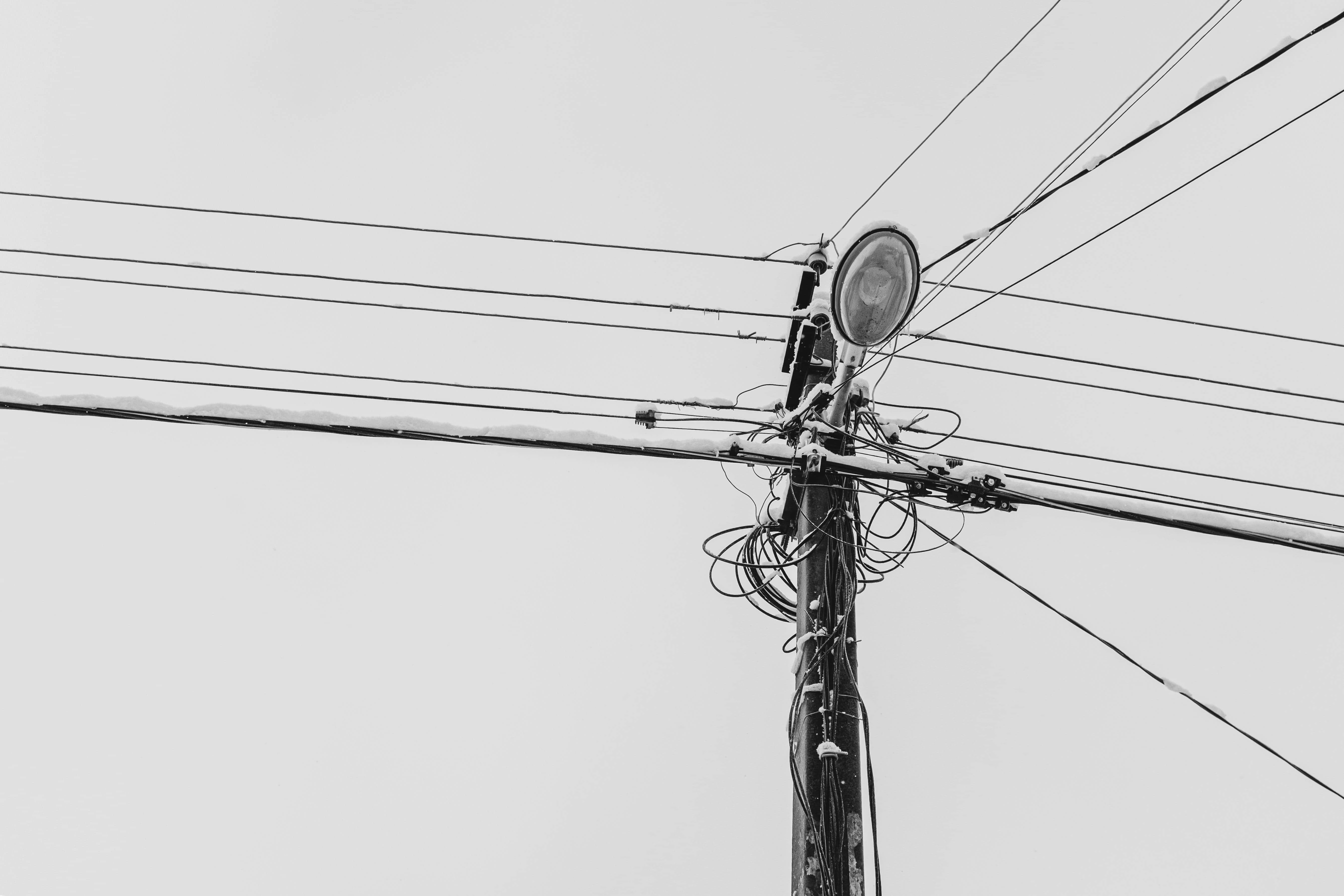
Road to Recovery: Fort Worth homeowners receive $27 million after 2021 Winter Storm Uri
Fort Worth residents are still recovering from the havoc caused by Winter Storm Uri in 2021, but now relief is on the horizon in the form of $27 million in grants.
In February 2021, Winter Storm Uri brought sub-zero temperatures to Texas and chaos along with it. After desperately trying to keep up with increased demand for heating, the Texas power grid failed– leaving many homeowners without electricity for days in freezing temperatures. Not only did this leave millions of folks literally out in the cold, it also resulted in capital B, Billions of dollars in statewide property damage.
We’re talking about frozen pipes that burst and flooded homes, flooring damaged from the flooding, ruined electrical systems, and serious window damage. Even today, four years later, Texans haven’t forgotten how the electricity grid failed when it was most needed. It’s almost impossible when many are still living with the reminder of just how much destruction it left behind.
That’s why, years later, the city of Fort Worth is offering grants to residents impacted through the Homeowner Assistance Repair and Rehabilitation Program (HARRP). HARRP is a federal grant program that typically helps communities recovering from hurricanes, but was approved for Fort Worth after seeing the extent of the damage from Uri.
$27 Million in grants for Fort Worth residents
Since Uri was over 4 years ago at this point, many Texans have already received money from insurance to begin funding repairs but the sad truth is that it’s often not enough. To help assist in ongoing restoration efforts HARRP is offering over $27 million in support for low-income families who are still dealing with the effects of Winter Storm Uri.
Funds distributed through the grants can be used to help with everything from flooring damage to electrical and plumbing systems, window repairs, and hot water heaters. Unfortunately, money from HARRP grants cannot cover work already done or provide a reimbursement for repairs already completed. Instead, it offers financial help for repairs yet to be completed.
What are the qualifications?
To qualify for a Fort Worth HARRP grant, you need to:
- Own a home in Fort Worth City limits.
- Occupy the home as your primary residence now and at the time of Uri
- Have a household income at or below 80% of the median.
- Be able to show photos and proof of damage attributed to winter Storm Uri.
- Apply between August 25, 2025 and November 25, 2025.
Application to Apply for Relief
To apply for relief through Fort Worth’s assistance program you can do one of the following:
- Complete the application form on the CDBG Disaster Recovery Grant link here.
- Schedule an appointment by calling 1-817-392-7569.
The application for HARRP opened on August 25, 2025 and will be open for 90 days. City officials have urged residents to apply early and provide as much documentation as possible to receive proper consideration and the funding they deserve.
Avoiding the next Texas Snow Storm Meltdown
In the years since Winter Storm Uri, Texas has experienced several snowstorms– none quite as catastrophic. That said, those of us who lived through the blackouts are not quick to forget (or forgive) the traumatic events surrounding it. And, it’s not unreasonable to feel a bit antsy when the forecast calls for freezing temperatures around DFW.
Texas 2025-2026 Winter Forecast
Texas is likely to have a colder and wetter winter than average. This means that another grid failure is not out of the question. However, that doesn’t necessarily guarantee another mass winter outage. Still, it is wise to be prepared and stay informed about the grid.
Texas Legislature is investing in the grid
If there’s one thing that we all agree on it’s that this cannot happen again. To make sure of it, the Texas Legislature alone has allocated $10 billion to upgrade infrastructure, winterize facilities, and improve grid reliability. On top of that, private investments have been made by many energy providers to stay compliant with increasingly serious state mandates.
Backup Power Systems
Among the legislation that provided funding for the Texas grid, funding for “Texas Backup Power Packages” was also created. This money is designed to invest in large generators that can provide 48 hours of standalone power during an outage for critical infrastructure like hospitals and emergency shelters.
These same critical facilities are typically the first to get power back on following a blackout. Depending on how close you are to important buildings like hospitals, fire stations, and schools your home will get a specific Grid Priority Score. Find out where you rank here.
Many Texans have also chosen to invest in their own home backup generator or battery to ensure constant power, even in the event of an emergency. While generators can be pricey they help you to avoid serious damage to your home in the event of an outage, especially in freezing temperatures. That said, these generators are unfortunately not covered by HARRP.
Written by Jordan Watts
Jordan Watts is the Content Marketing Manager at EnergyBot.
Connect
Recent Posts
Road to Recovery: Fort Worth homeowners receive $27 million after 2021 Winter Storm Uri
Fort Worth residents are still recovering from the havoc caused by Winter Storm Uri in 2021, but now relief is on the horizon in the form of $27 million in grants.
September 2025

3 minutes

How This Weekend’s Winter Storm in Texas Compares to Winter Storm Uri
As another winter storm approaches Texas this weekend, Texans are understandably watching closely. But, that doesn’t mean it’s time to panic. Before you go off and buy 500 rolls of toilet paper, consider this.
January 2026

3 Minutes
.jpg)
PPL Electricity Rates Climb Ahead of the Holiday Season
December 2025

4 minutes



